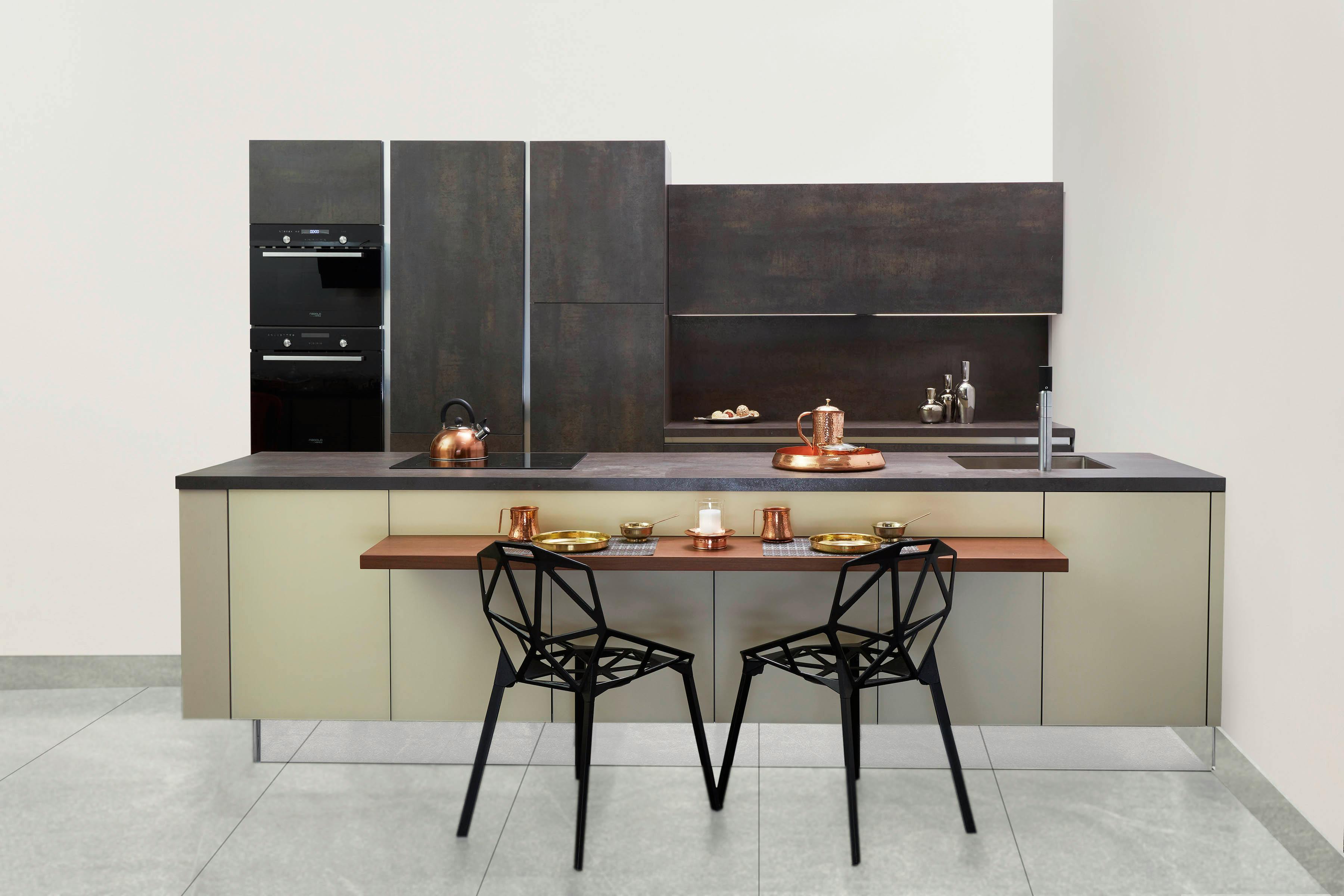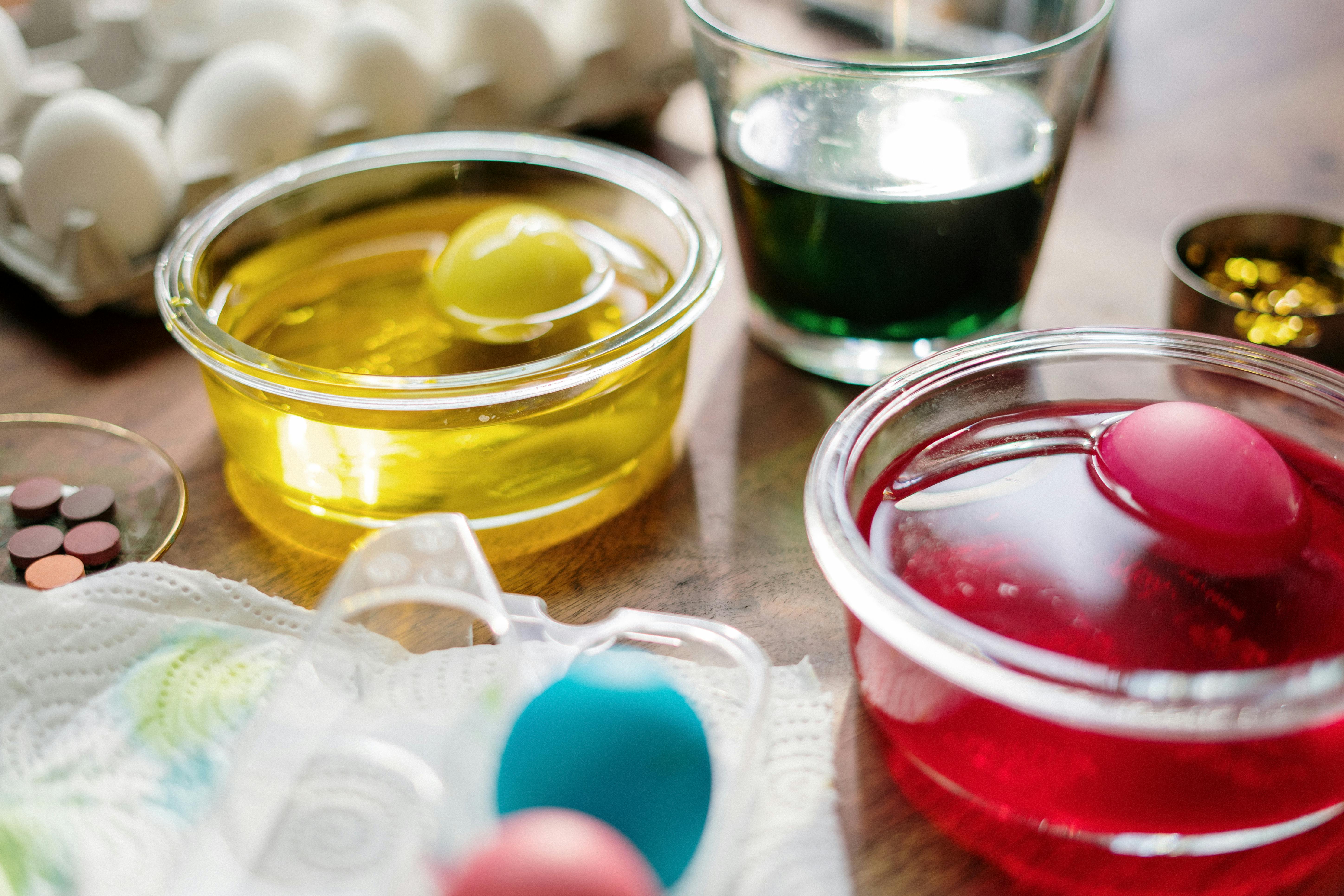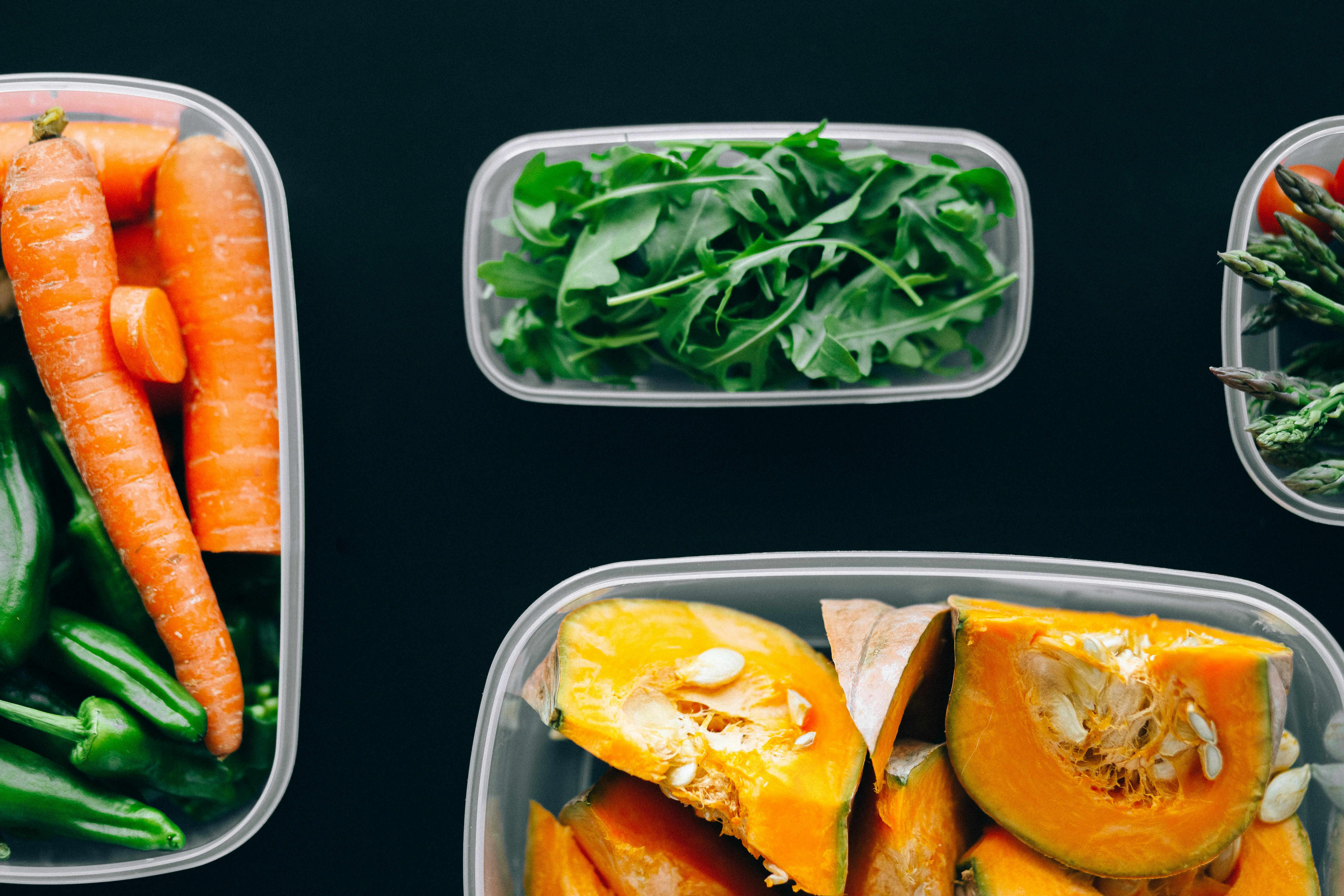It is very important that you think hard when choosing the surface material for your countertop. This is because the countertop has to take a lot of punishment over time. Nowadays, there are many materials with beauty and practicality embedded in them.
Butcher countertops are made from hardwoods like maple, red oak, and teak and are easy to install and repair. These countertops scratch, burn and stain easily and can be sanded and resealed as needed. Butcher block should be treated regularly with mineral oil or beeswax, but it is not recommended above a dishwasher or near a sink, as its wood is sensitive to fluctuations in humidity.
The concrete can be stained any color and include stone chips with varying qualities as these can be custom formed with local fabricators. Since concrete cuts and chips easily, it must be sealed. Although topical sealers can resist staining, they are prone to being damaged by hot pots. Comparatively, concrete countertops are also expensive.
Ceramic tile countertops come in many colors, styles, and patterns that can be easily installed by skilled DIYers. These tiles are resistant to stains, burns, and scratches, while repairing these countertops is easy and inexpensive. Grouts can be tinted to match or contrast the tiles; however, the gaskets can trap crumbs and absorb stains. That is why it is difficult to clean it, even if the grout is sealed. Also, the tiles are scratched by sharp objects and can splinter if hit hard.
Laminate is a popular countertop material as it is available in hundreds of colors and patterns and is a reasonable choice. They are lightweight and easy to install; but you have additional edge treatment costs to bear.
Natural stones like granite and marble are popular countertop materials that resist all forms of physical abuse, nicks, scratches, and burns from hot pans. Of the two, granite is the stronger material, while marble is softer and more prone to staining and etching from acid from cleaning products and foods. That is why both must be periodically sealed with a protective sealant.
Quartz resembles granite, but has a more uniform appearance. It is a combination of pigments, grit and resins and is resistant to heat, abrasion, stains and does not require sealing. However, it cannot withstand impacts.
There are many solid surface materials available today for use in countertops that are durable but expensive. They are made of polyester and acrylic resins with mineral fillers and are available in various thicknesses. Scratches and nicks cannot be easily seen here, while prolonged heat can change its color.
The latest trend in countertop materials is stainless steel and is chosen by those looking to integrate professional-style countertops and other stainless steel appliances. They are heat and stain resistant, but tend to dent and scratch easily, show fingerprints, and are expensive.
Looking at all of these countertop materials, it’s up to you to choose the best material for your countertop, based on your budget, other kitchen appliances, and the amount of wear and tear it goes through.



